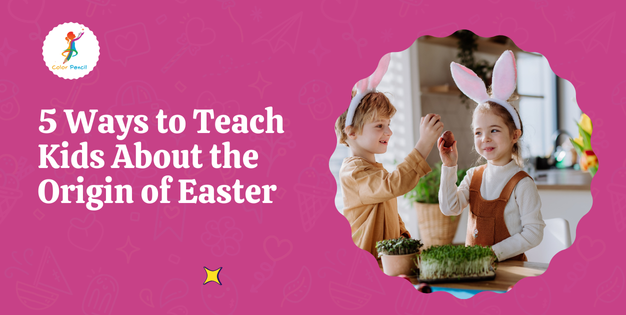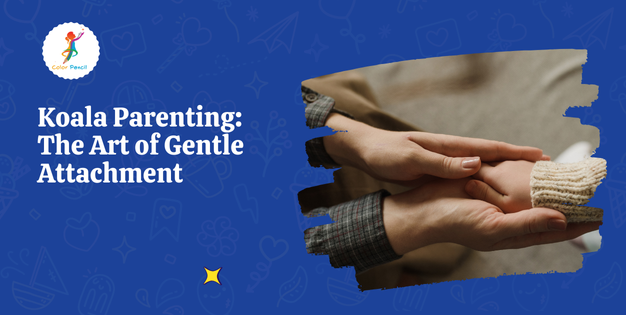
5 Ways to Teach Kids About the Origin of Easter
Curious about what’s the origin of Easter and how to make it meaningful for kids? You’re not alone. While Easter often brings images of chocolate

Fostering Connection, Trust, and Emotional Strength
Out of the many parenting methods, koala parenting seems to hit the radar of parents with younger children. Just like koala mothers ‘cradle’ their babies, this style focuses on emotional connection, being physically present, and providing safety.
In this article, we want to unpackage what koala parenting entails, the reasons why parents adopt it, its advantages and disadvantages, and how to maintain balance while practicing it.

Koala bears work similarly with Koala parenting in the form of “attachment parenting”, which places greater value on physical and emotional aspects of care, and response. A koala parent’s mental and physical closeness, especially in the formative years, is of great importance since it forms a secure attachment that enables a child’s emotional functioning throughout life.
Koala parenting, as opposed to some styles that advocate for independence at an early age, encourages dependence, and allows a child to seek comfort and closeness freely, gradually moving towards autonomy.
Koala parenting is more often than not intentional, stemming from the reasoning that a strong emotional connection is vital for the well-being of a child.. This approach is adopted by many parents aiming to:
In some cases, koala parenting comes naturally and instinctively. Such as for some parents who feel that comforting, holding, and staying close to their child comes naturally.
When practiced intentionally, koala parenting can have profound benefits:
Children who experience koala parenting often carry with them a sense of confidence, knowing that their emotional needs will be met with love and care.

Like all parenting styles, koala parenting has its challenges, especially when practiced without balance:
It is important to recognize that while emotional closeness is valuable, gradually allowing children to take small steps towards independence is equally beneficial.
Koala parenting can be most effective when paired with intentional boundary-setting and gentle encouragement toward independence.
Allow children to take small steps on their own while remaining a supportive presence nearby.
Remember, a nurtured parent is better able to nurture. Taking care of your own emotional and physical well-being is essential.
Boundaries help children feel safe and offer opportunities to practice self-regulation.
Support your child through transitions (such as starting school or new activities) with patience and reassurance, but also trust in their ability to adapt.
Koala parenting may evolve as your child grows. What works for a toddler may need adjustment for an older child.

Koala parenting is particularly helpful:
Feeling Overwhelmed? Let’s Talk! Join Our Parent Forum and Get Expert Advice & Support!
Koala parenting is, at its core, creating an emotional environment where children feel cherished and supported. It is a responsive form of help that enables children to attain a secure attachment, something they will use in their relationships, learning, and self-esteem throughout life.
Expecting a child to carry out tasks independently lends itself to imbalance. With balance, elasticity and koala self-awareness, these children grow healthy, empathetic, and self-confident; developing trust in themselves as well as in the world around them.